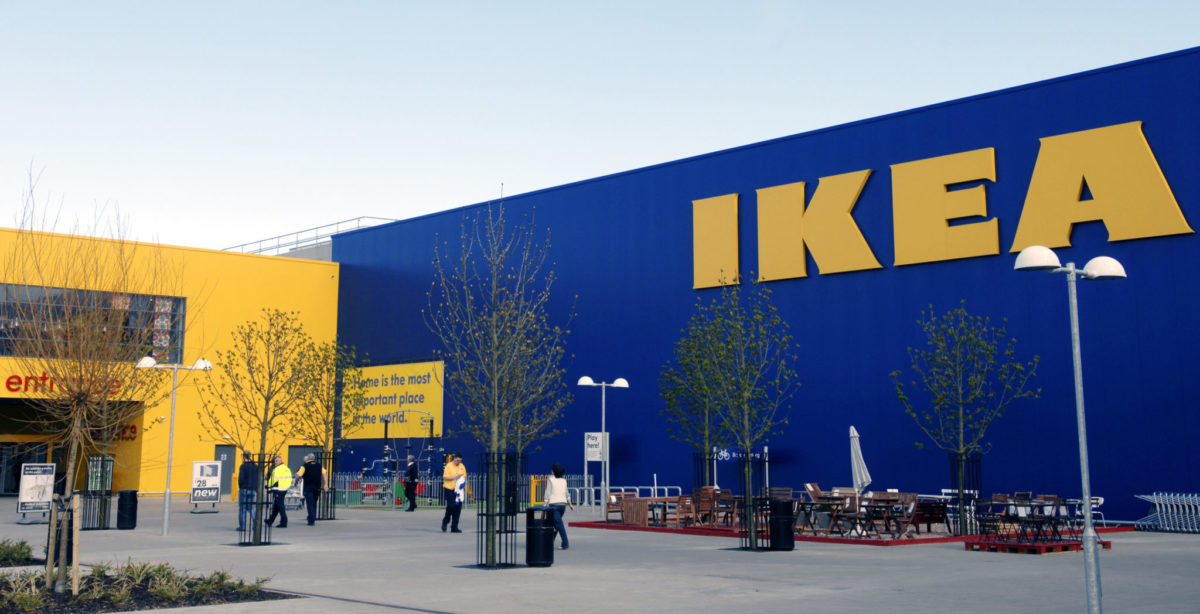The Big Clean Switch campaign claims to offer cheaper clean energy for the people that sign up, reportedly saving a typical U.K. household up to £300 a year in lower gas and electricity bills.
The partnership will use a “collective switch model,” which sees consumers banding together to negotiate a group deal with their energy suppliers, via a third party.
Describing itself as a “profit with purpose” company, Big Clean Switch says it aims to help people move to renewable providers, and away from traditional fossil fuels.
It says its website only displays tariffs that are from sources that can secure 100% electricity generation from renewables, including solar PV, wind and water.
Under the partnership, Ikea will receive commission for every “switch,” which will go to support local community initiatives within each store’s area.
Overall, the retailer says it is working towards employing 100% renewable energyacross its entire operations by 2020.
Popular content
Last year, it introduced home solar panels and battery storage to its product range, with the aim of making PV more accessible to the masses, and helping them to become independent energy producers.
Hege Sæbjørnsen, Sustainability Manager at Ikea UK, said, “As a business, we are working towards 100% renewable energy by pledging to produce as much as we consume in our operations by 2020.
“Last year in the UK, we generated renewable energy equivalent to 41% of the energy we used. We have also installed solar panels on all new stores and the majority of our existing stores as part of our investment in renewables.”
Pre-registration opened on February 20.
This content is protected by copyright and may not be reused. If you want to cooperate with us and would like to reuse some of our content, please contact: editors@pv-magazine.com.


By submitting this form you agree to pv magazine using your data for the purposes of publishing your comment.
Your personal data will only be disclosed or otherwise transmitted to third parties for the purposes of spam filtering or if this is necessary for technical maintenance of the website. Any other transfer to third parties will not take place unless this is justified on the basis of applicable data protection regulations or if pv magazine is legally obliged to do so.
You may revoke this consent at any time with effect for the future, in which case your personal data will be deleted immediately. Otherwise, your data will be deleted if pv magazine has processed your request or the purpose of data storage is fulfilled.
Further information on data privacy can be found in our Data Protection Policy.